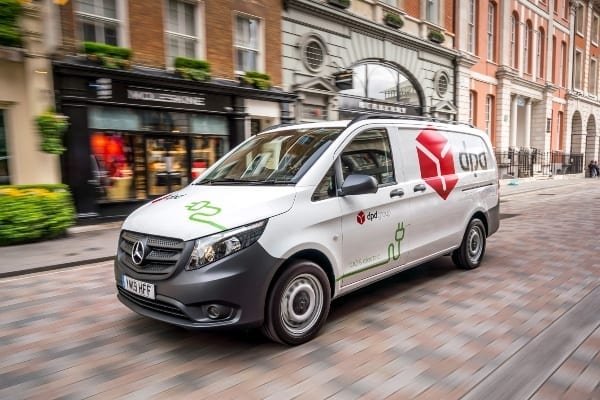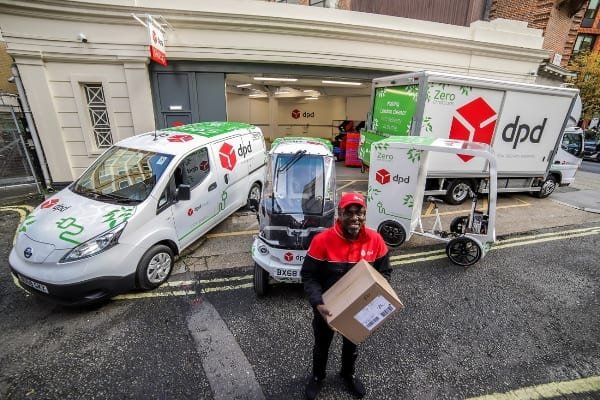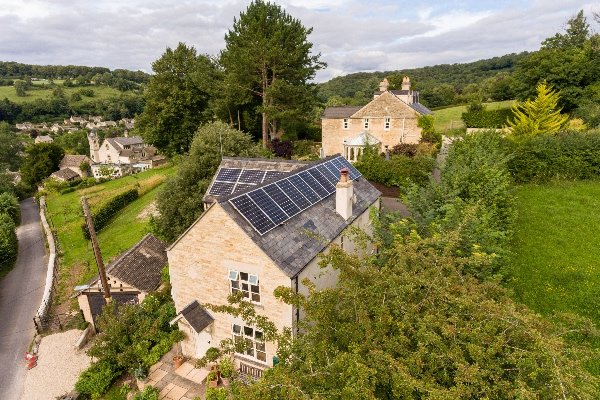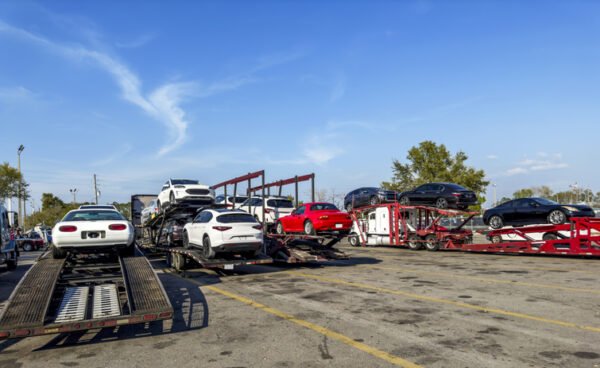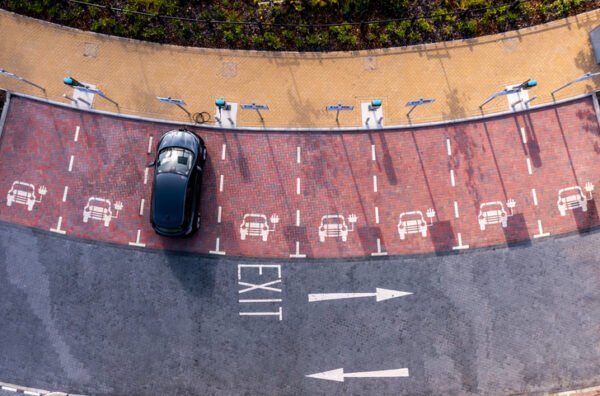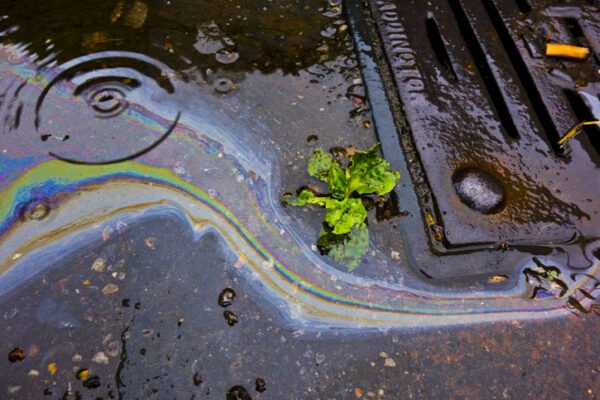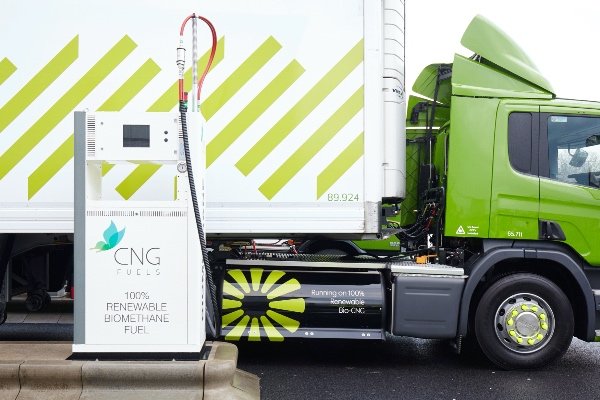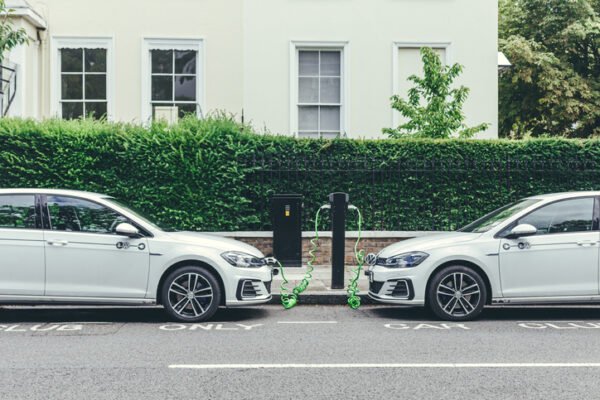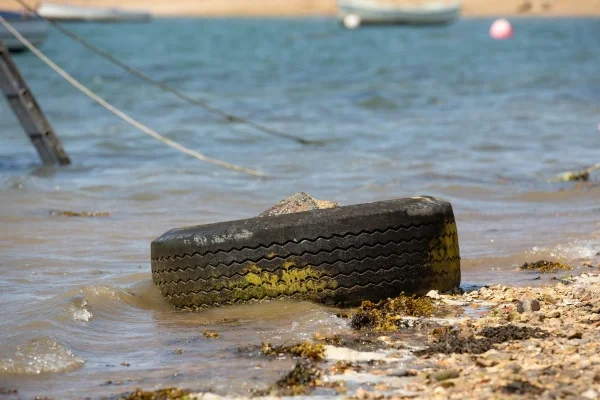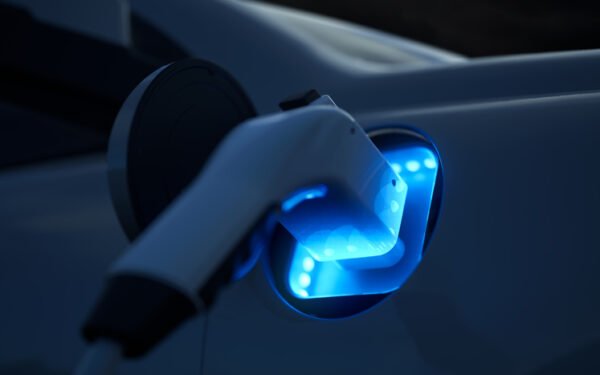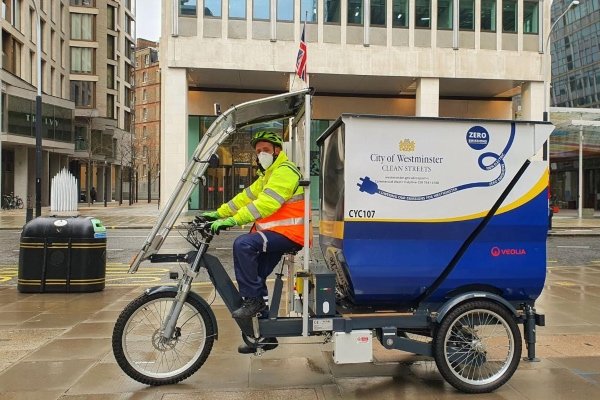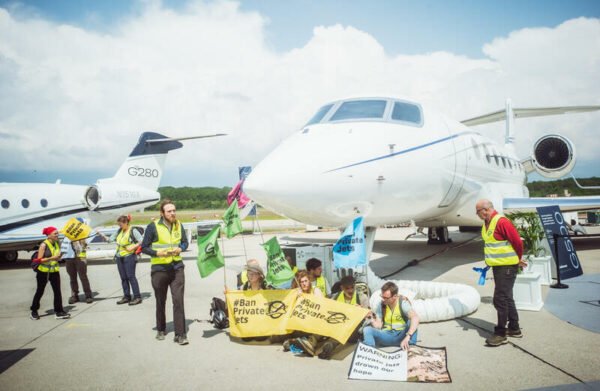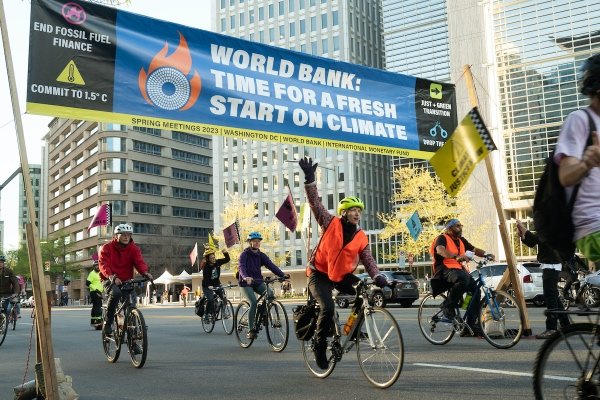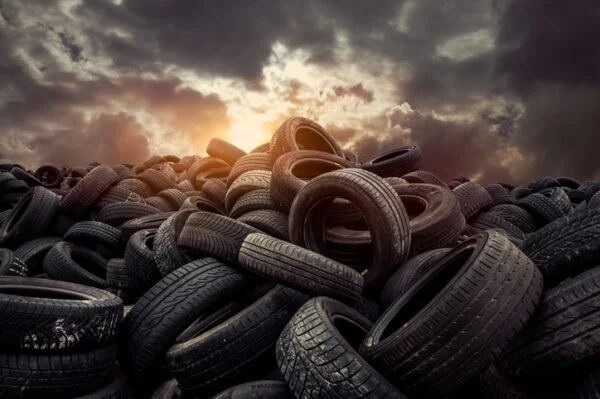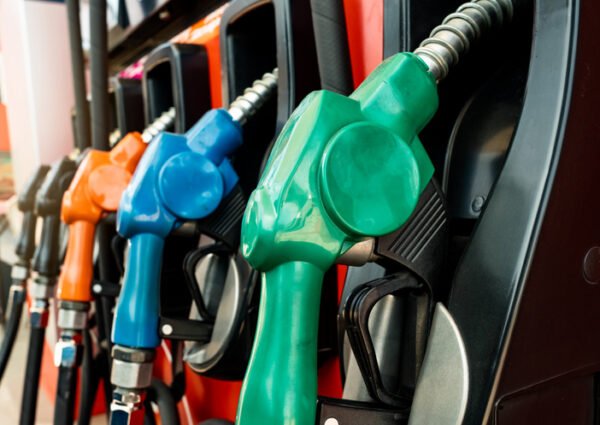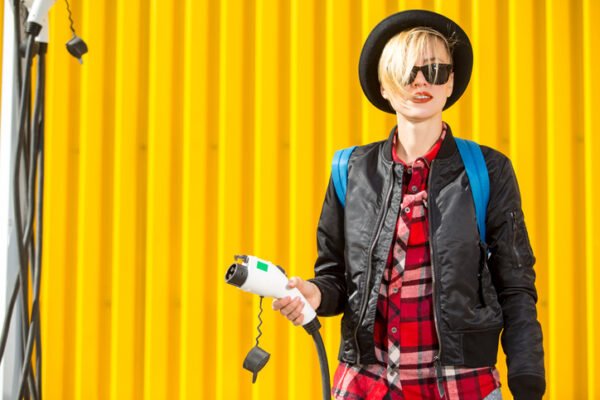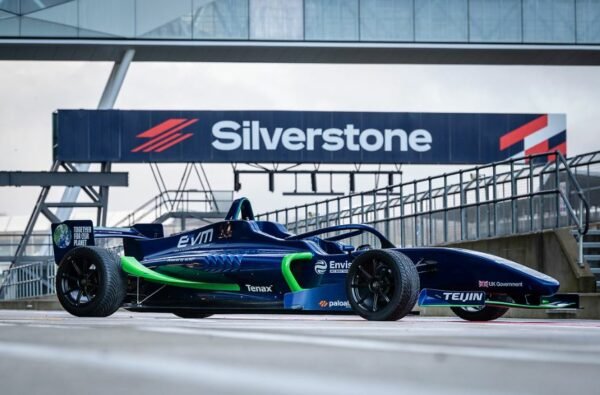This article first appeared in our Health Revolution issue of My Green Pod Magazine, distributed with The Guardian on 24 July 2020. Click here to subscribe to our digital edition and get each issue delivered straight to your inbox
DPD is a company in a hurry. In 2008, when Dwain McDonald became UK CEO, DPD was a middle-of-the-pack, B2B parcel delivery company. It handled 54 million packages a year, with annual sales of £393m.
Today it’s a £1.4bn company with 15,000 people, delivering over 250 million parcels a year for the likes of ASOS, John Lewis and Nike.
Transforming an industry
DPD has also been vocal about the need to transform the parcel delivery industry by reducing emissions and becoming more sustainable. It is currently building the UK’s largest all-electric delivery fleet – in double-quick time.
By the end of the year DPD will have over 700 electric vehicles (EVs) on the road, which will equate to 10% of its total van fleet.
In January, DPD signed off on what was at the time the UK’s largest single commercial electric van order, taking possession of 300 new Nissan e-NV200 vans.
‘The greenest delivery company’
While it’s no surprise that a delivery company would need a lot of vans, DPD is also using a range of very different electric vehicles – including a micro-EV, an e-cargo bike and an electric 7.5 tonne truck. It all suggests a much broader strategic shift.
Dwain McDonald’s aim isn’t simply to take a diesel van off the road and replace it with an electric one; ‘We want to be the greenest delivery company on the planet by transforming every aspect of our operation’, he tells us.
Tackling congestion
The key challenge for delivery companies is to try to reduce emissions and congestion in our towns and cities while still meeting the growing demand from online delivery customers. The switch to EVs helps on the emissions front, but it doesn’t ease congestion.
DPD has developed a Smart Urban Delivery Strategy based on three key principles: investing in clean, green vehicles, creating a smarter urban delivery model and finally, ensuring drivers can operate as efficiently as possible, with the best technology available. ‘By completely changing the way we work, we can make fewer, shorter journeys’, Dwain says.
A network of micro-sites
The centrepiece of the strategy will be a network of all-electric micro-depots, the first of which, in the heart of Westminster, opened in 2018.
The 5,000 sq ft micro-site acts as a satellite for DPD’s London City depot in Southwark. Before the new site opened, a fleet of 3.5t diesel vehicles travelled into central London every day from Southwark, averaging 614 miles in total.
The company is developing a network of these micro-depots across central London, meaning that its electric fleet will be based much closer to DPD’s end customers.
Micro-EVs and E-bikes
Parcels are fed into the micro-depots by electric 7.5t trucks, and the final mile deliveries are then made by a fleet of innovative all-electric vehicles including the Paxster, a micro-EV from Norway and a unique e-cargo bike, which DPD helped to design.
DPD partnered with Oxford-based manufacturer EAV to create the British-built e-cargo bike, the P1. The bio-mechanical hybrid electric-assisted pedal bikes have a range of 60 miles; with a 120kg payload they can cover 100 parcel stops in a day and then be recharged using a normal 13amp, 240V plug socket.
‘Previously, we had a fleet of diesel vans travelling hundreds of miles across central London every day, just to get to the start of their route’, Dwain explains. ‘The Westminster depot was a real game-changer for us: it is smart and it delivers tangible benefits in terms of reduced mileage and CO2. It is also great to be able to say our electric vehicles deliver to Her Majesty the Queen and the Prime Minister!’
Shorter routes
The final piece of the Smart Urban Delivery jigsaw addresses the way DPD’s drivers work. ‘We’ve been looking at every aspect of our operation and challenging ourselves to do better’, Dwain says.
Drivers have been given handheld units to guide them to every address using the shortest possible route. These units have been another massive investment – both financially and in terms of the work required to integrate them into the operation in the most effective possible way.
Avoiding return journeys
The other technology helping DPD’s drivers work smarter is Predict – the company’s market-leading one-hour delivery notification service.
DPD sends a quarter of a billion Predict notifications each year to let customers know when to expect their delivery.
Over 7 million customers now use the DPD app to micro-manage their delivery preferences and tell DPD exactly how they want their parcel to be delivered if they aren’t going to be in – whether to leave it in a special safe place, with a specific neighbour or to drop it in to a convenient DPD Pickup parcel shop.
 Play Video about This Rock Might Just Save The World
Play Video about This Rock Might Just Save The World Play Video about Play 2 hours of rock
Play Video about Play 2 hours of rock Play Video about Play 2 hours of brook
Play Video about Play 2 hours of brook Play Video about Play 2 hours of sheep
Play Video about Play 2 hours of sheep

















